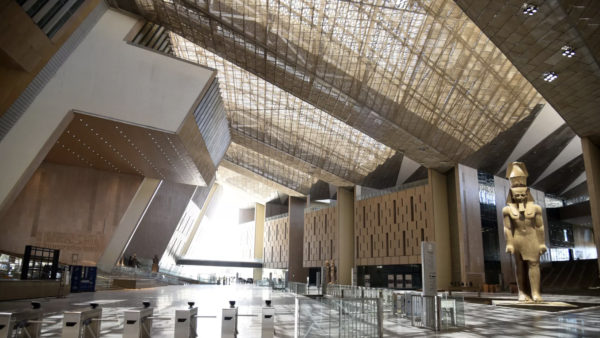
The government of Egypt is planning to avoid future water stress by spending some $2.5bn on new desalination capacity over the next five years.
The plan is to use the country’s sovereign wealth fund to attract private investment in the plants, which will be built and operated over 25 years by private sector concessionaires.
Ayman Soliman, the chief executive of the Sovereign Fund of Egypt, told the Reuters news agency that the government would agree to buy the water produced and distribute it to users at a discounted price.
He said the procurement process had already begun. “We’ve already solicited offers. What’s happening is a combination between a competitive process and a limited negotiation process.”
He added that investors had been eager to participate in the plan.
“We’ve received offers to build whatever capacity we need. There is investor appetite to build three times as much,” he said.
Altogether, some 17 facilities will be added over the next five years, all of which will be operated using solar energy to reduce their environmental impact and running costs. They will produce 2.8 million cubic metres of water a day, compared with the country’s present capacity of 800,000 cubic metres.
By 2050, the plan is to build 67 more plants in the governorates of Matrouh, Red Sea, North and South Sinai, Ismailiyah and Suez.
The proposal was first raised in August, when Soliman said a call for private sector finance would be made in 2022. He added that the European Bank for Reconstruction and Development and International Finance Corp. will provide technical support and advice for the bidding process.
The move is intended to improve the country’s water security ahead of the completion of the Grand Ethiopian Renaissance Dam on the Blue Nile, and the effect of the country’s population growth, presently running at 1.5 million new people a year.
Further reading:



